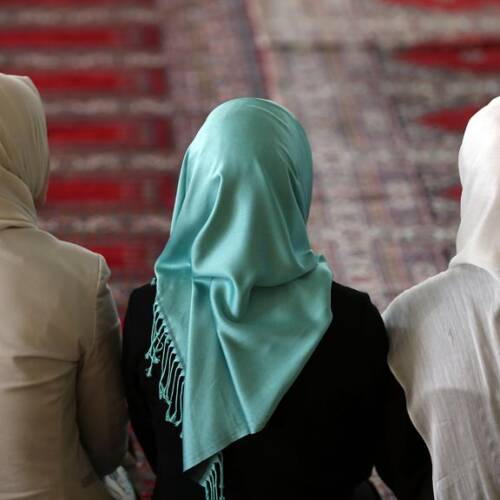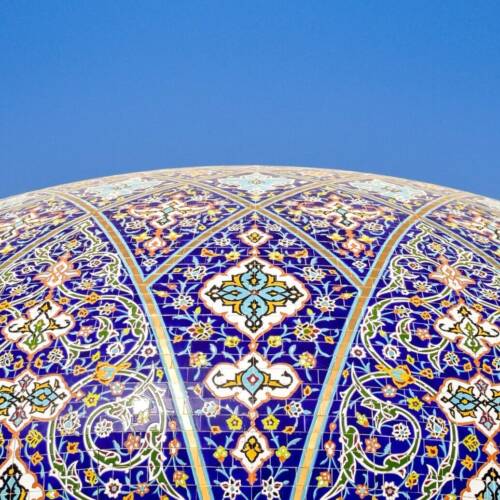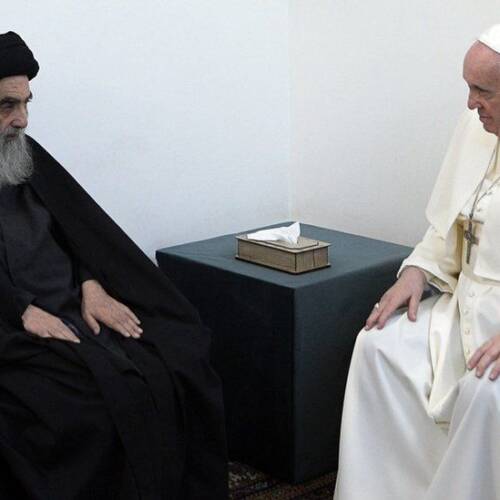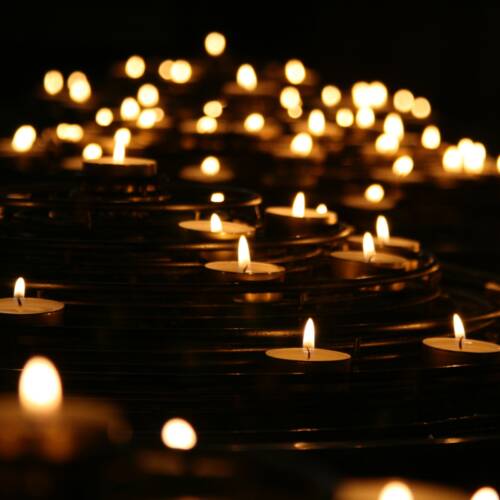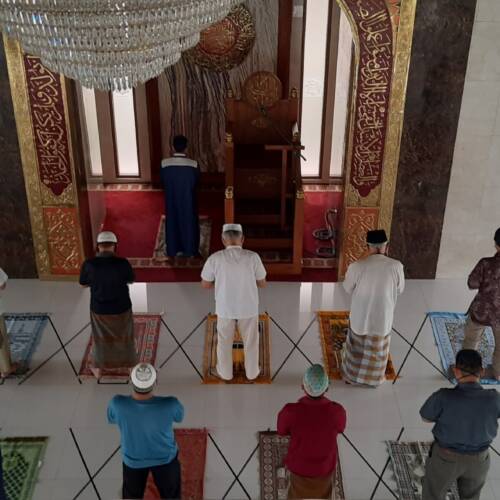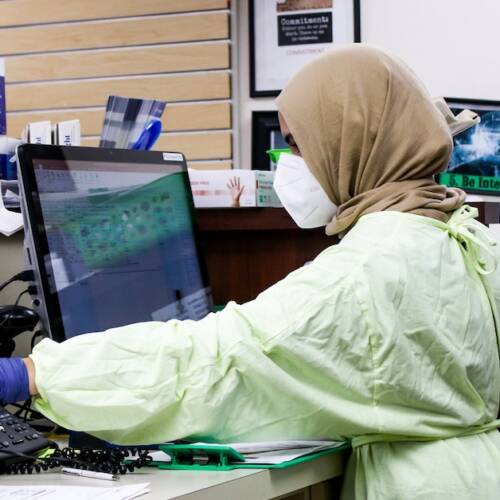
How Islamic Teachings Have Shaped The Response to Coronavirus In The Middle East
10 Apr 2020As coronavirus cases around the world continue to rise, we are seeing much talk on how best to prevent the spread of the disease. Unfamiliar terms like “self-isolation” and “social distancing” have become practically part of our everyday vocabulary over the past few weeks.
One discussion that is especially close to us is how religious communities can help stop the outbreak. Around the world, religious leaders have been called on by governments to support lockdowns and self-isolation. This has been especially difficult for Muslims. For many of us, our communities are primarily defined by our faith. Separation from that community at a time when things are already so scary and difficult will probably hit some of us hard. Some of us are worrying about whether the lockdown is preventing us from fulfilling our religious obligations.
In this time and place, it is good to look and see what Islam says about dealing with disease, as well as practices around general hygiene. We can see that many of the measures that governments and healthcare officials are telling us to follow – washing hands regularly, sanitisation, general hygiene – are already an ordinary part of Islamic hygiene practices and in line with the concept of cleanliness and purity. After all, the Holy Quran itself focuses on cleanliness as a major part of Islam. Prophet Muhammad (peace be upon him) himself regarded purity as being half of faith.
The most obvious example is, of course, wudu, which are performed ahead of the prayers. Muslims are required to wash themselves after using the bathrooms and before prayers. Aisha, the wife of Prophet Muhammad (PBUH), also emphasized the importance of washing hands before eating or drinking. Other hygienic practices, such as keeping a clean environment, brushing teeth, combing hair and taking baths were also recommended in Islamic texts.
In the Muslim Twittersphere, there have been many jokes that the outbreak has forced much of the world to do what Muslims have been habitually doing for centuries. Probably an oversimplification, though not without a grain of truth.
Islam also tells us about how to deal with outbreaks of diseases and plagues. A hadith by the Prophet (PBUH) which tells worshippers that “If you hear that it (the plague) is in a land, do not go there, and if it breaks out in a land where you are, do not leave, fleeing from it.” This is exactly what healthcare officials are recommending these days with the lockdowns and self-isolation.
In fact, we are seeing many governments in the Middle East using Islamic justifications to implement quarantines and lockdowns.
In the Emirates, the Council in charge of religious affairs issued a fatwa ruling, ordering all Muslims to observe state health regulations. Emirates was also one of the first to push sterilisation, cleaning and quarantine campaigns.
The example of the Emirates was followed by other countries. Kuwait called for all Muslims to pray at home. Other Muslim-majority countries such as Iraq, Syria, Lebanon and Turkey also took similar actions.
That said, there are sadly still some who insist on not closing down mosques or obeying lockdowns. In Pakistan, clerics refused and denounced the government’s efforts to close mosques. In Syria’s, Idlib, home to millions of refugees, mosques controlled by hard-line groups also refused calls by local governments to close mosques even though many adherents are at high risk from the virus. In India, a significant chunk of the initial outbreaks was linked to a missionary group whose members refused to take precautions or stop prayer gatherings. And in Turkey, groups of worshippers actually tried to break into closed mosques to pray.
I can understand why some of these people may have acted as they did. These are difficult times and many of us would find solace offered in prayer and community. But we must not lose sight that such actions would put ourselves and our communities in danger. Others are probably worried about their religious obligations.
Since the days of the Prophet Mohammed (peace be upon him), it has been permitted to close mosques during times of danger or even bad weather. In such times, the adhan will change from calling worshippers to come to pray (hayya alas-salah) to telling them to pray in their homes (al-salatu fi buyutikum). When the lockdown in Kuwait started, the mosques there followed this practice. This is a useful reminder for anyone fretting about not fulfilling their religious obligations and useful against those who try to take advantage of ignorant people for their own goals.
Sadly, it is not just among ourselves that we see such reckless behaviour or faith-mongering. Tanzania’s Prime Minister also refused to close places of worship in the country, which poses a risk to members of all faiths. In the US state of California, a megachurch was linked to a spike of infections. On the whole, authorities in both countries refused the calls to suspend prayers in churches.
There isn’t much we can do about churches in Tanzania or the US, or even the mosques in Idlib or Turkey. But there are things we can do here and now in our communities where similar views are likely to exist and similar attitudes about lockdowns and quarantines may be voiced. When this happens, we should not be afraid to show that observing the scientific recommendations for preventing the coronavirus – hygiene, isolation and withdrawal from public – line up with the Islamic teachings. And it is through these efforts that we can protect our communities from the harm that has already touched so many communities.






